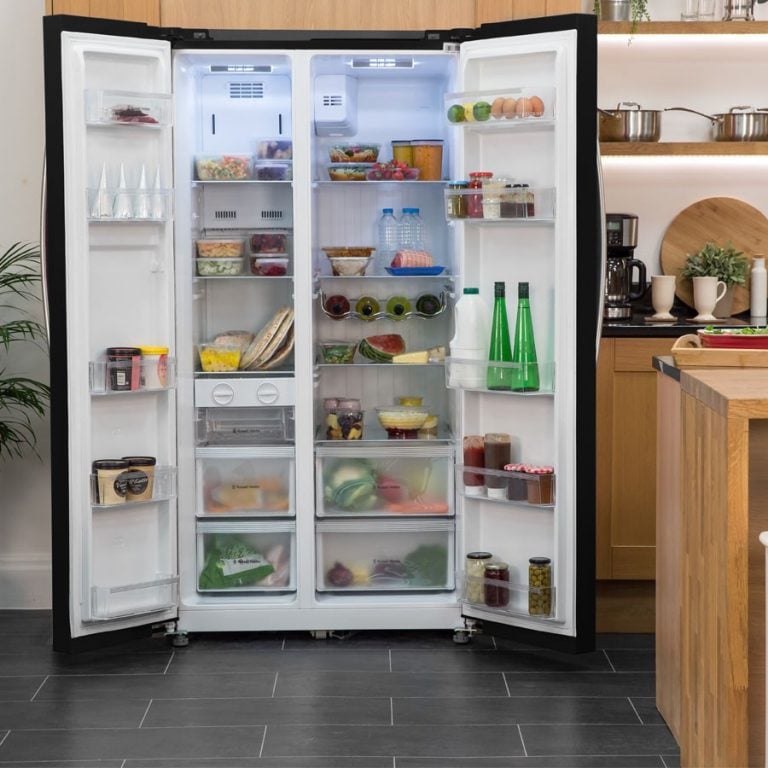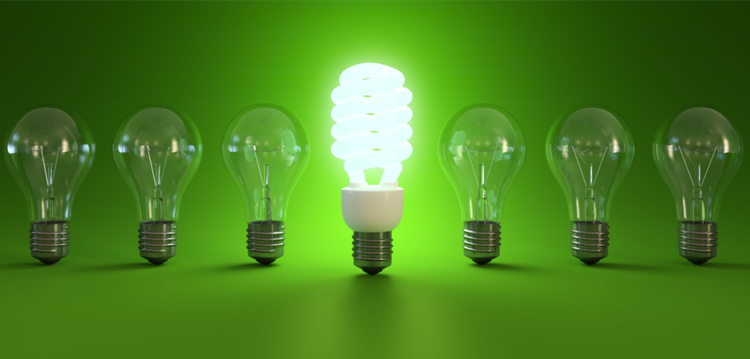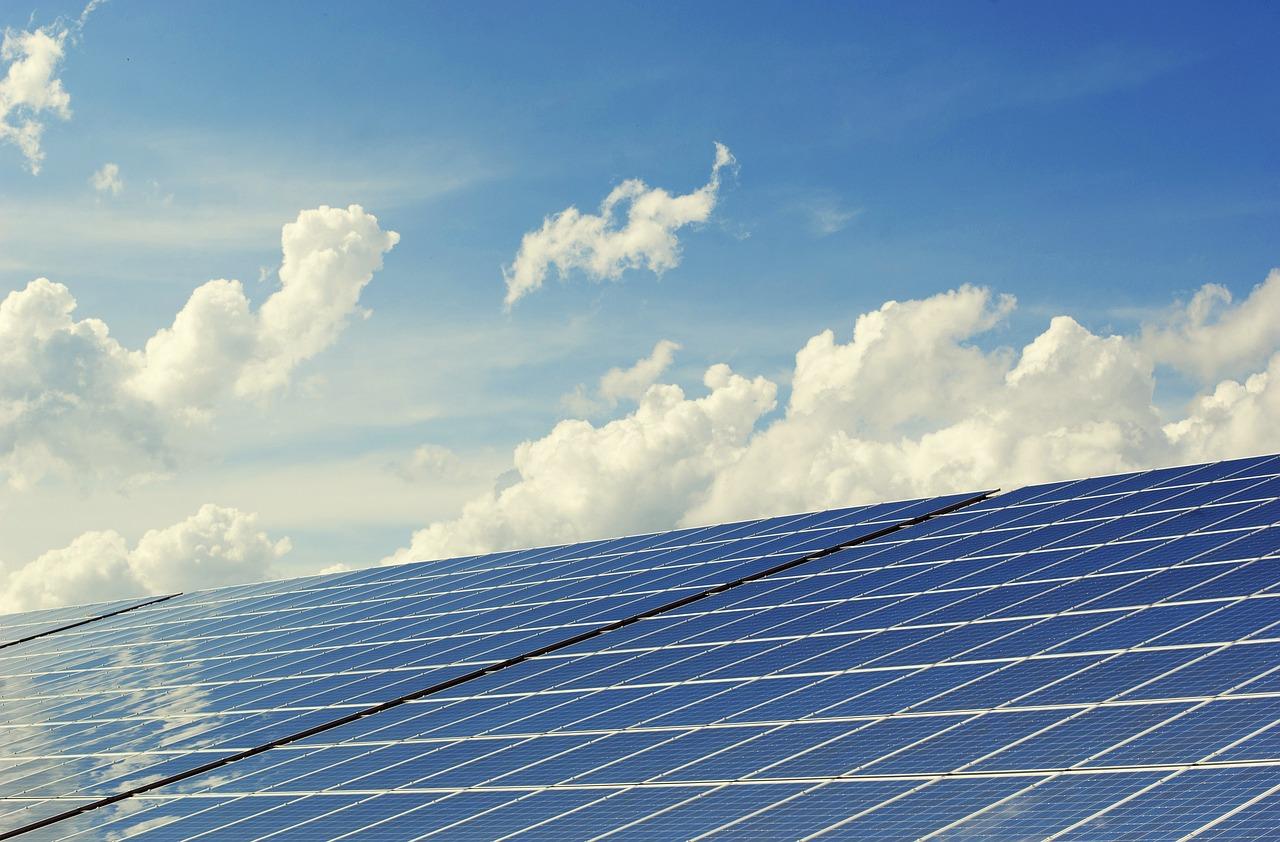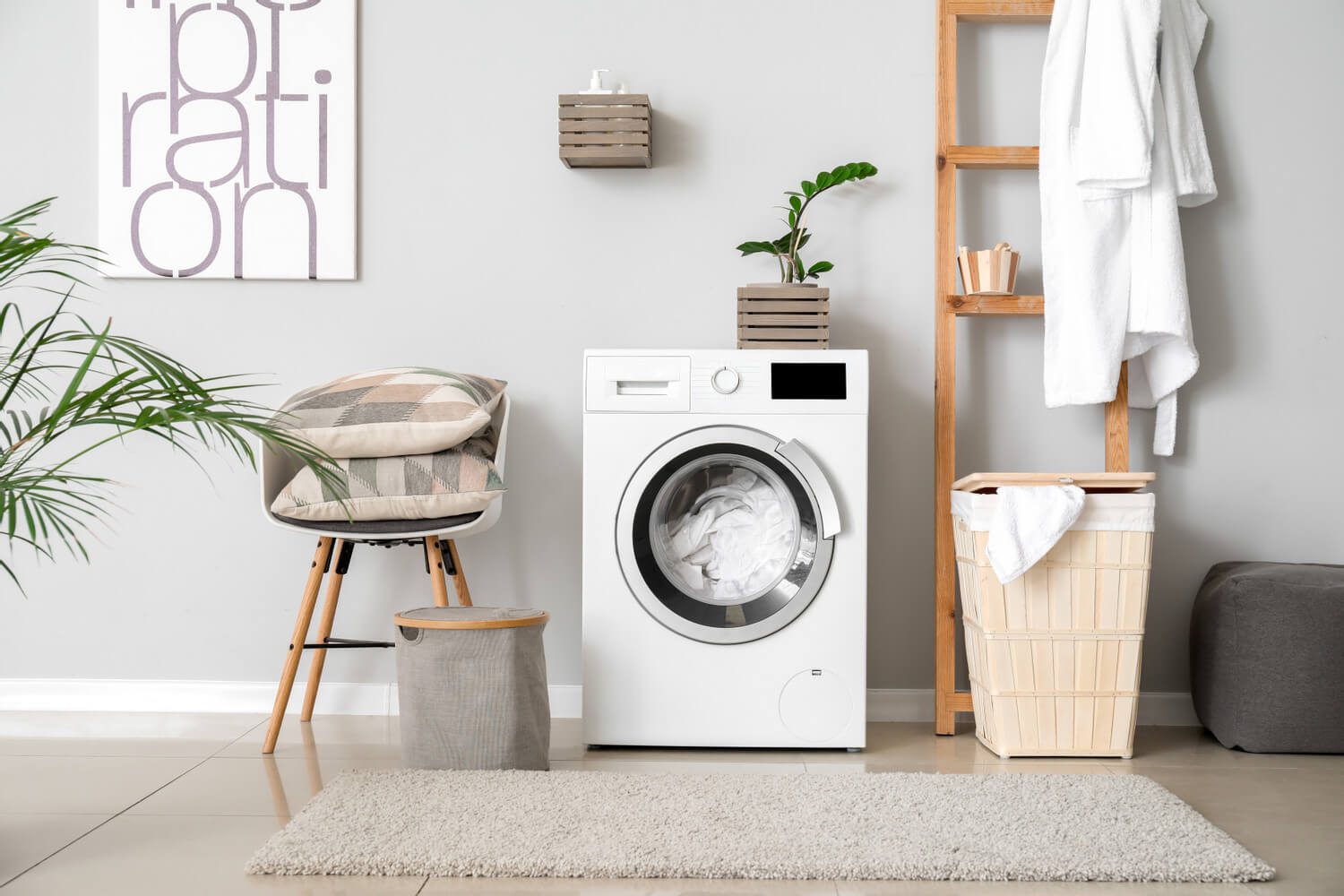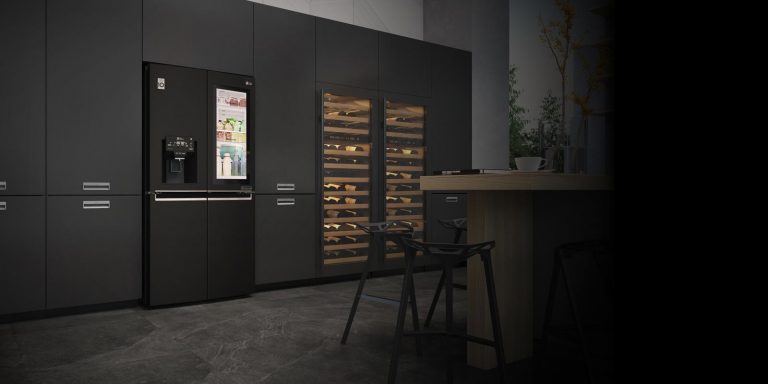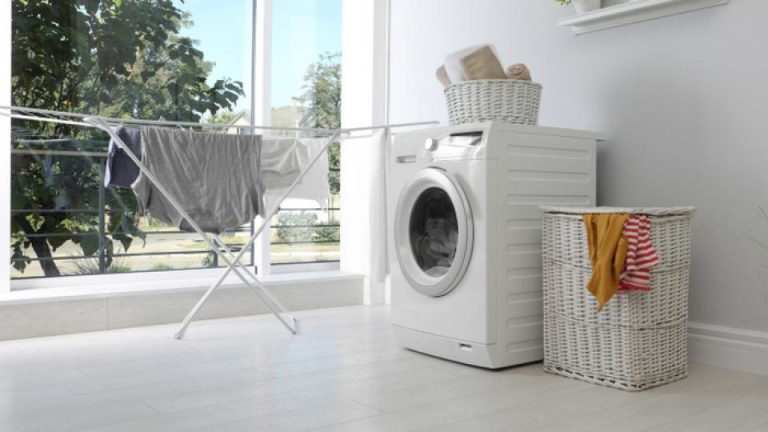How Hybrid Solar Inverters Can Transform Your Energy Consumption
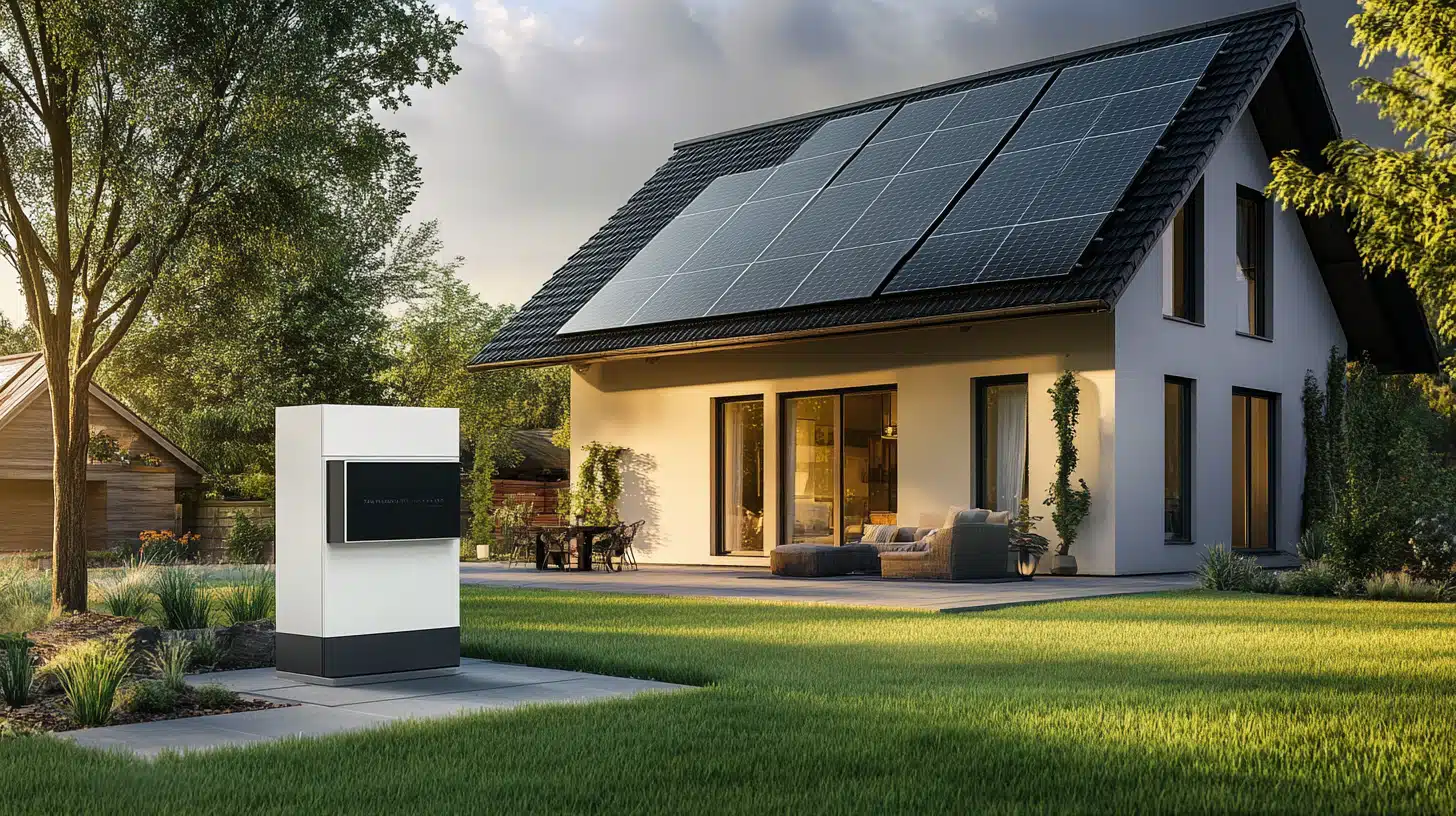
Table of Contents
Hybrid solar inverters are innovative devices that combine the functionalities of traditional solar inverters and battery inverters into one unit. This technology addresses energy consumption challenges faced by conventional systems, such as reliance on the grid and inefficient energy use.
By optimizing power usage and storage, hybrid solar inverters transform energy consumption, allowing homeowners to maximize their solar power efficiency. They enable users to store excess energy generated during the day for use at night or during outages, creating a more resilient and self-sufficient energy system.
As we move into 2024, these inverters play a crucial role in advancing sustainable energy solutions.
What Are Hybrid Solar Inverters?
Hybrid solar inverters are advanced devices that integrate the functionalities of traditional solar inverters and battery inverters into a single unit. They convert direct current (DC) electricity generated by solar panels into alternating current (AC) electricity for household use while also managing energy storage in batteries. This integration allows hybrid inverters to utilize solar power, battery storage, and grid electricity simultaneously, optimizing energy consumption.
Unlike traditional inverters, which only convert DC to AC and typically rely solely on the grid for backup power, hybrid inverters provide greater flexibility. They can charge batteries using excess solar energy and supply power from these batteries during times of low solar production or outages.
This capability enhances energy independence and efficiency, making hybrid inverters a crucial component of modern renewable energy systems. By intelligently managing multiple energy sources, hybrid solar inverters are revolutionizing how we harness and utilize solar power effectively.
Key Benefits of Hybrid Solar Inverters for Energy Consumption
Hybrid solar inverters offer numerous benefits that significantly enhance energy consumption and efficiency.
1. Energy Efficiency: These inverters optimize solar energy use by intelligently managing power flows from solar panels, battery storage, and the grid. This reduces energy waste and improves overall efficiency, ensuring that more of the generated solar power is utilized effectively.
2. Energy Independence: By storing excess energy generated during the day, hybrid solar inverters allow users to reduce their reliance on the grid. This is particularly advantageous during peak demand times when electricity rates are higher, enabling homeowners to utilize stored energy instead of purchasing from the grid.
3. Lower Electricity Bills: Hybrid inverters help lower energy costs through smart consumption strategies. By maximizing self-consumption of solar energy and minimizing grid usage, users can significantly reduce their monthly electricity bills.
4. Backup Power: One of the standout features of hybrid solar inverters is their ability to provide continuous power during grid outages. By seamlessly switching to battery power, these systems ensure a reliable energy supply when it is needed most.
- Smart Power Management: Hybrid inverters feature intelligent systems that automatically switch between solar, battery, and grid power based on availability and demand. This capability enhances energy management and ensures optimal performance of the entire system.
How Hybrid Solar Inverters Optimize Energy Consumption
Hybrid solar inverters optimize energy consumption through several innovative features that enhance efficiency and sustainability.
Solar Energy First: These smart solar inverters prioritize the use of solar energy for immediate consumption. When sunlight is available, they draw power directly from the solar panels, maximizing the use of renewable energy and minimizing reliance on external sources.
Battery Storage Utilization: In situations where solar power is unavailable, such as at night or during cloudy days, hybrid inverters utilize stored energy from batteries. This capability ensures that homeowners can access power even when solar generation is low, enhancing overall energy reliability.
Smart Grid Usage: Hybrid inverters intelligently manage grid power usage by drawing electricity only when necessary. This approach reduces dependence on the grid and helps users avoid high electricity costs during peak demand periods.
Time-of-Use Rates: By utilizing stored energy during peak hours when electricity rates are higher, hybrid solar inverters enable users to save significantly on their energy bills. This strategic use of stored power not only cuts costs but also promotes a more efficient energy consumption pattern.
Overall, hybrid solar inverters represent a significant advancement in smart energy management, allowing users to optimize their energy consumption while contributing to a sustainable future.
Hybrid Solar Inverters vs. Traditional Inverters: Energy Impact
When comparing hybrid solar inverters to traditional inverters, the energy impact is significant. Hybrid inverters optimize energy consumption by integrating solar power generation, battery storage, and grid electricity management. In contrast, **traditional inverters** primarily rely on the grid for energy needs, leading to higher consumption and costs.
Traditional systems often result in increased electricity bills due to their dependence on grid power, especially during peak demand times. For example, households using traditional inverters may find themselves purchasing electricity at higher rates when solar generation is low, leading to inefficient energy use.
In contrast, hybrid inverters allow users to store excess solar energy generated during the day for use at night or during outages, effectively reducing reliance on the grid. A case study from a residential installation showed that homeowners with hybrid inverters experienced up to a 30% reduction in their energy bills compared to those using traditional systems. This is largely due to smart energy management features that prioritize solar usage and stored battery energy during peak hours when electricity rates are highest.
Overall, the transition from traditional inverters to hybrid systems not only enhances energy savings but also promotes better energy management, making hybrid inverters a more sustainable choice for modern energy consumption.
Hybrid Solar Inverters and Sustainable Energy Consumption
Hybrid solar inverters are pivotal in promoting sustainable energy consumption by maximizing the use of renewable energy sources. By integrating solar power generation with energy storage and grid connectivity, these systems optimize energy management, significantly reducing reliance on fossil fuels.
One of the primary benefits of hybrid solar inverters is their ability to minimize carbon footprints. By prioritizing solar energy for immediate consumption and utilizing stored energy during low production periods, they enhance overall energy efficiency. This intelligent management reduces greenhouse gas emissions and fosters a cleaner environment.
Additionally, hybrid inverters contribute to a greener future by enabling users to store excess solar energy for later use, effectively decreasing dependency on the grid during peak demand times. This capability not only leads to lower electricity bills but also supports a more resilient energy system.
As technology advances, hybrid solar inverters will continue to play a crucial role in sustainable energy consumption, ensuring that households and businesses can harness green energy effectively while contributing to global sustainability efforts. Embracing these systems is a significant step toward a more sustainable and eco-friendly future.
In conclusion, hybrid solar inverters have a transformative impact on energy consumption by optimizing the use of renewable energy, reducing reliance on the grid, and enhancing energy efficiency. With significant energy savings and the ability to lower electricity bills, these systems are essential for sustainable living.
By switching to hybrid inverters, homeowners can enjoy long-term savings while contributing to a greener future. Embrace this opportunity to transform your energy use with hybrid solar inverters and make a positive impact on the environment.

